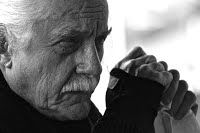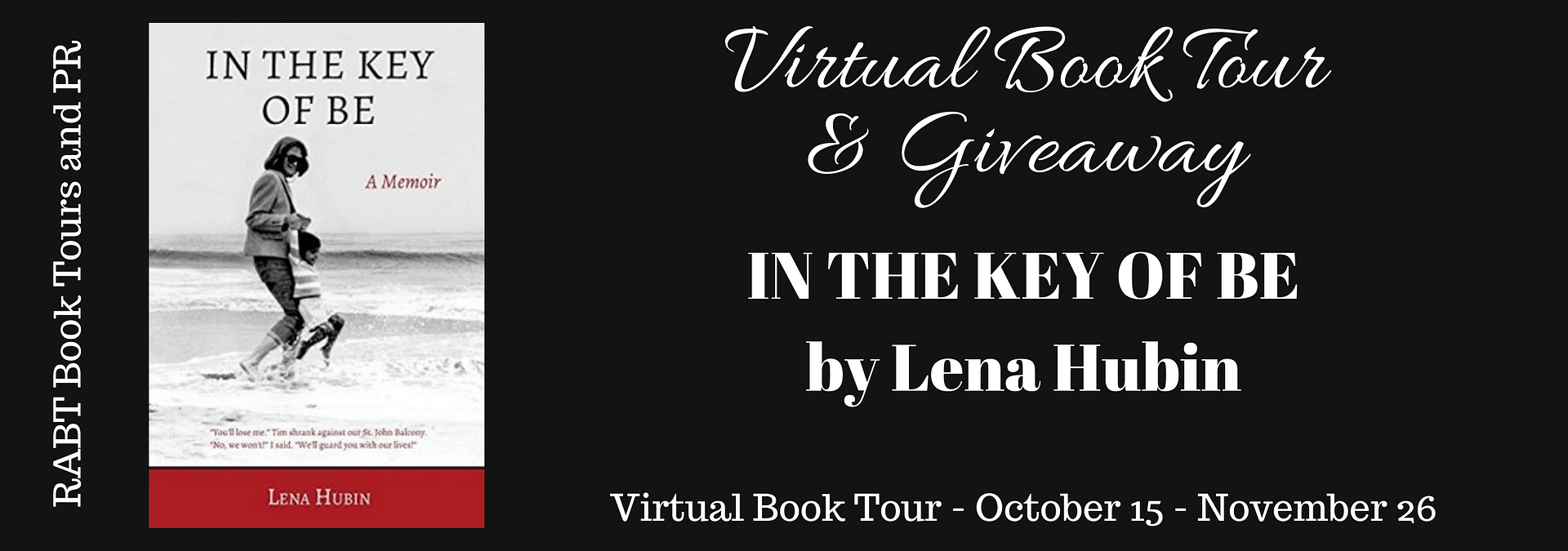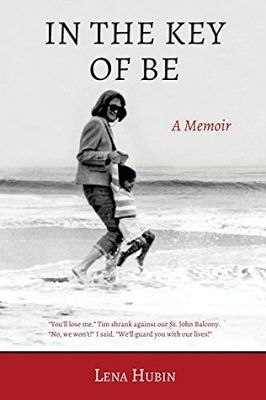
Women’s literary fiction
Publisher: Quartet Global Books
Irven DeVore, an evolutionary biologist, writes that "Males are a breeding experiment run by females." What if, in fact, women ran everything? What if women rejected the culture of rape and violence to take control of their lives in the safety of the Citadels? What if women could exist without males? CITADEL is a metafictional, apocalyptic story braided into a contemporary post-lesbian novel built on genetics.
Advance Praise
"I loved the book and I'm suggesting it to all the writers, editors and women I know as a must read. You blew me away... the book drew me in completely... great experience!
I'm not sure how you managed to come up with this... let alone research it... a story usually follows one or two Characters... I found myself following the writer, the editor, the publisher, not to mention the Characters in the book... and never got lost, never ended up wondering who someone was or why they did that? I read the book in short spurts and longer chunks depending on opportunity... but never had a problem of falling back into the story... you had me from page one to the end. Great job" -- Wally Lane, filmmaker, screenwriter.
Excerpt
Trisha
As
far back as I can remember, I’ve had a sense of dread. I dream, and
when I wake, I am sure
it will be the day the world ends. Rose, my therapist,
tells me more of her clients
have
apocalyptic dreams
like mine. She doesn’t know what
it means.
Yesterday at the beach as I watched
the
beach meat in
their combat ritual, I had one of
my
visions of annihilation.
There were four
of them. Their sandy bodies glistened. Muscle and sweaty flesh silhouetted in an exploding sunset ripe with blood. Their overhand
smashes and
digs were
laced with grunts and howls
and the wail of loss.
I imagined them
still
grinding one another
to dust in the chaos
of extinction.
The shaven-headed one, the tall,
muscular and vicious one spiked a set-up and
the volleyball blasted
his opponent in the face and he went
down—on his back, on the sand. Bleeding. The fallen enemy crawled off the pitch, his shamed partner beside him. Mr. V., the Victor, taunted
the losers ‘you
bunch
of pansy asses.’
Daiva startled me when she lay back
on her
towel
groaning. I asked
her if she was
all
right.
“I’m
a day early,” she said. “Should know better than to wear white. What did I
miss?”
“A
little blood. One good spike.”
Daiva
wore a white one-piece suit. Hair bound up in a twist with a swan-comb. The
setting sun burnished her hair.
I was going back to my ereader when
Mr. V. knelt in the sand at my feet. I smeeled his sweat mixed with sea air and
the odor of blood. It was the familiar scent of death and destruction that
often crept into my dreams. Rose tells me that I have
parosmia, a flaw
in my brain that makes
me smell odors that are not real. The
scent pouring off
Mr. V. was the scent that
followed men like angry dogs chasing a
wounded doe. He grasped the bloody volleyball against his
crotch. Eyes closed, Daiva piped
up,“Are they all this tall?”
“It’s
an optical illusion,” I said.
“At sunset they seem
taller.”
“Do you
suppose he shaves
everywhere?”
“That teeny-weeny crotch
cloth
won’t hide a single
pube.”
“Tell him to stand up and
strip off that speedo,” Daiva
said.
“Hey,” Mr.
V. said. “I’m right here.”
“We can smell you,” Daiva replied.
Mr. V. His eyes
were deep
wolf-gray, his mouth
a
pouty delicacy. I had tasted meat
like that but never this
one. He was
persistent, and he didn’t back
off as I scanned
him. He liked
the assessment so much he quivered. Silent.
A horse at
auction waiting a bid. His
eyes tracked me
up
and
down never veering above my breasts. Beach meat.
Muscle and sand and
blood and sweat. I had
seen him
before,
but he always failed the wine test.
I said, “What do you think
of the 2025 Napa pressing of Pinot
Picante?”
He got
that
what-the-fuck-are-you-talking-about scowl
on his face.
“Wine,” I said. “Pinot
Picante.”
“Oh, yeah, I had
that a few times.”
Pinot Picante
did not exist, so I went back
to my
ereader.
Clara was hounding me
to finish the next
Pinnacle
Romance. She wanted
it edited
and online now. Today. Not
tomorrow.
Mr. V. said,
“Hey, I kicked
butt out there.”
“Yes you did,” Daiva said,
“but we’re having our
periods.”
Mr. V shot to
his feet, bloodstained
volleyball in his
hands. Disgusted,
he
trotted off into the surf.
The
sunset
was so intense, so red,
the
light seemed
to burn through
him. Daiva
said, “RER.”
“What’s that?”
“Residual evolutionary response,”
Daiva replied. “The
Alpha male can’t tolerate things
he can’t control
and menses is our big mystery. Irven
DeVore says
males are a breeding experiment run
by females. This
guy has all the
traits breeders cue on—muscles,
physical
presence, drive,
power. He responds to
the
stimulus, in this case your
breasts, your hips
and thighs, your skin. The entire history of sexual selection is working itself out right here on this
beach, Trisha. You’re a prime receptacle. You’re supposed
to dive into bed with him, but you said
no, so he’ll have to kill you.”
Mr.
V., rising out of the sea, glistened.
Golden. His thighs rippled. He was a glorious animal so locked into himself that
a bloody tampon shut him down…you said no so he’ll have to kill
you. I shuddered. What if
I had taken him home? What
if
he did kill me?
I watched Mr.
V. dash to the parking lot where he jumped into
a black BMW.
“He drives a Beamer,” Daiva
said. “Beamer means
resources and resources fill out the
evolutionary menu. Size,
speed, resources. Why didn’t you
take him up on it?”
“I have a few
rules,” I said. “If they can
walk, I look. If
they
can talk, I listen. If they make me laugh, I think about
it.
If they know good wine, I sometimes say
yes.”
“That’s kind of picky. Why do you
hunt here then?” “You
can see the merchandise unwrapped.”
“You
sure make those guys howl.”
"Howl? Let’s
head
back.”
I rolled
my
beach towel
and tucked it into my bag.
Daiva followed.
The
hot sand felt good
on my feet as we
passed the
volleyball court
with
its saga of blood and
sweat. At the parking lot, I tossed
my
bag into the Z-Ray.
The afternoon sun gilded Daiva’s
hair now. She was a real
blonde. You can
tell. Her skin was peachy and shone from
the sunblock. She had
indigo
blue eyes.
Daiva had
moved into the condo two weeks
ago. She was always alone.
No visitors. Her Southern California unenhanced trim and
creamy skin made me jealous. The one thing that bothered me was
the solitude. In two weeks,
no one. I knew her name, Daiva Izokaitis,
and I
knew from her mail box that
she was a doctor.
The drive
through Latimer Canyon
is idyllic in the early evening. Late gulls squawk,
eucalyptus shadows
stretch across the winding road, the Z Ray hisses on
the pavement like a very beautiful
red python. I love the
car. I parked in my slot at the condo
on Mesa Drive.
“Got
time for a glass of Chardonnay?”
“I was going to
ask you—I need to wash off
the yuck
first only my plumbing is out until Monday.”
“Sure, you can shower at my place.”
About the Author

Jack Remick is the author of twenty books—novels, poetry, short stories, screenplays. He co-authored The Weekend Novelist Writes a Mystery with Robert J. Ray. His novel Gabriela and The Widow was a finalist for the Montaigne Medal as well as a finalist in Foreword Magazine’s Book of the Year Award. He reviews for the New York Journal of Books. He is a frequent guest and co-host on Michigan Avenue Media with Marsha Casper Cook. His novel Citadel, was featured in the July issue of the Australian magazine eYs.
Contact Links
Purchase Links







